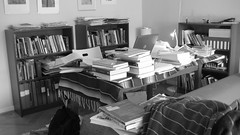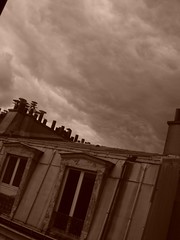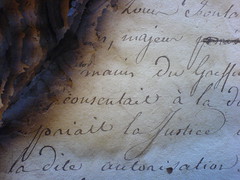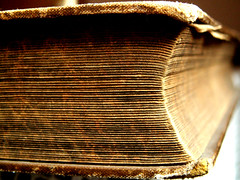I defended my PhD thesis at the University of Toronto in August of 2001, under the supervision of a renowned literary scholar and theorist. Linda Hutcheon has written about a dozen books, scores of articles, is respected by her peers, adored by students, and is one of the best examples of a successful writer-teacher you can find.
In the fall of 2000, I was in the fifth year of my doctorate, and there was no end in sight. Even though I was applying for jobs and postdocs, deep down I didn’t really believe I would ever finish my dissertation. Then, in January of 2001, I learned I had won a two-year postdoctoral fellowship, and had twelve weeks to submit a finished thesis, or lose the fellowship.
In those twelve weeks, I learned some of my most important lessons about writing. Four of these came from Linda.
1) It’s not supposed to be easy: One day I showed up at Linda’s door, out of breath and exhausted. “This is hard!” I complained, plopping myself down in a chair opposite her desk. “Julija,” she replied. “It’s a PhD. It’s not supposed to be easy.” Neither is writing books. And it’s worth doing, in part, because it is hard.
2) Enough is enough: The key to finishing my dissertation was to set limits. When I told Linda that I thought I would have to write a whole chapter on the concept of the “other,” she shook her head and told me no. This was beyond the scope of my dissertation, and would only throw me off track. Only once I accepted that there were things that had to fall by the wayside could I actually finish my dissertation. And only once I’d allowed the reality of the text I’d written to replace the fantasy of the text I’d dreamed of could I move on to the next thing.
3) It’s not supposed to be torture: During those twelve weeks of intense writing, I had to read a lot. Some of this was the kind of reading I love (manuscripts, novels), but some of it was reading I felt I had to do. One highly theoretical book defeated and frustrated me to the point of tears. In my next meeting with Linda, I confessed this, and promised to keep trying to work through the text until I got it. She looked at me with a grin, and said, “Julija, if a book makes you cry, put it down, and for goodness sake, read something else!” Writing isn’t supposed to be easy, but it should be rewarding and meaningful. I learned to steer myself in directions that fed me.
4) Onward!: Every time I finished a chapter of the dissertation, I would hand it off to Linda to read. After marking it up and offering suggestions throughout, she would write a single word on the bottom of the last page: “Onward!” The lesson I’ve kept from that word: don’t rest on your laurels, don’t get too self-contented, don’t stop for too long, always look forward and think about what comes next.
[Photo by mlahtinen]





